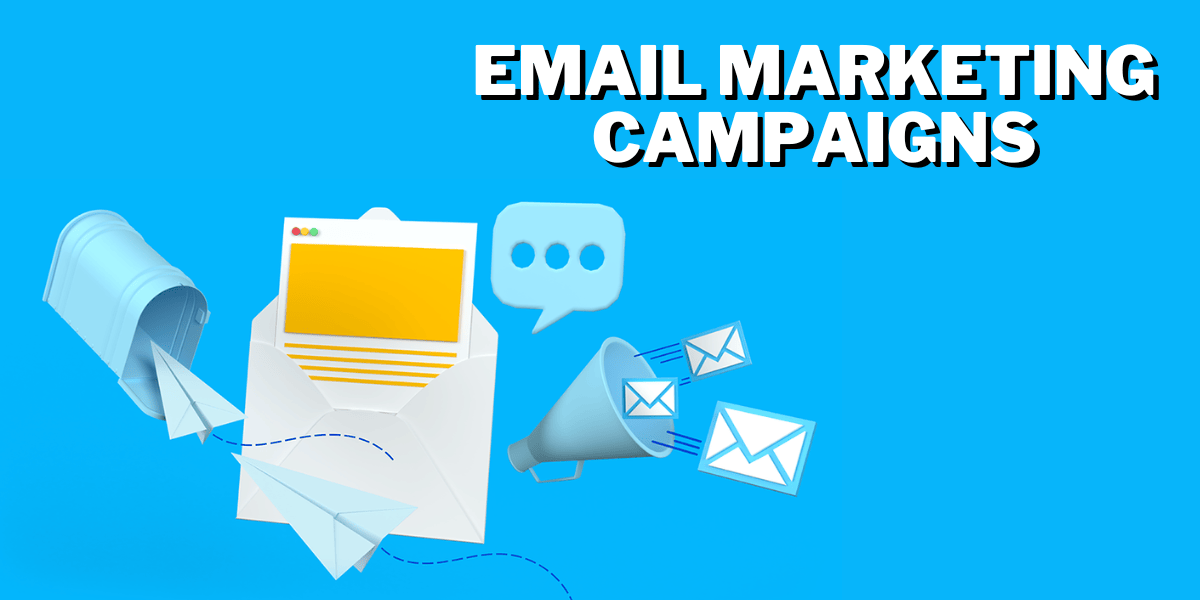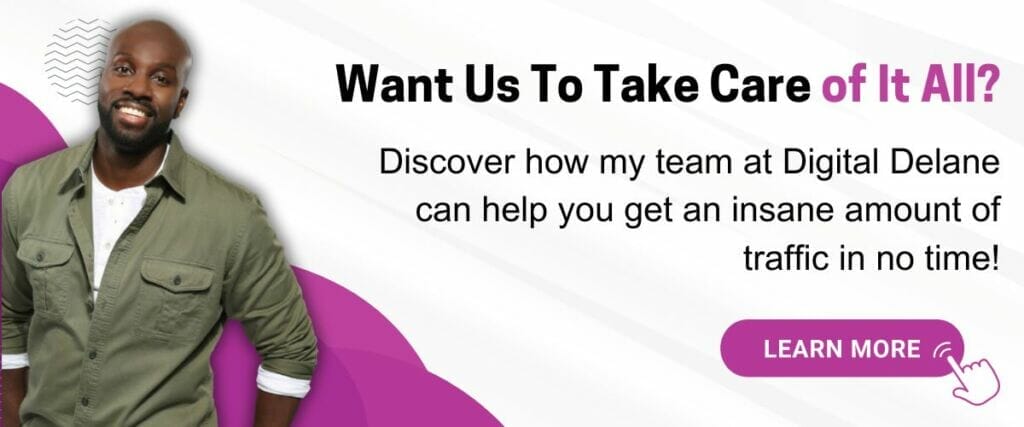Content Marketing to Educate and Engage Your Audience

Content marketing has become an essential strategy for businesses looking to educate and engage their audience. In a fast-paced digital world, consumers have become more discerning about the content they consume and engage with. They are no longer looking for blatant advertising; instead, they seek informative and valuable content that can help them make informed decisions.
This is where content marketing comes into play. By creating valuable content that educates and engages your audience, you can establish your brand as a thought leader in your industry, build trust with your customers, and ultimately drive more conversions. Content marketing is not just about creating blog posts and articles; it encompasses a wide range of formats such as videos, infographics, podcasts, and social media posts. The key is to tailor your content to the preferences of your target audience and deliver it through the right channels.
Through content marketing, you can provide your audience with valuable insights, address their pain points, and showcase your expertise. By doing so, you can establish a strong connection with your audience, build brand loyalty, and ultimately drive business growth.
What is Content Marketing?
Content marketing is a powerful strategy that allows businesses to educate and engage their audience through valuable and informative content. It involves creating and distributing relevant and valuable content to attract and retain a specific target audience. By providing useful and engaging information, businesses can build trust, establish themselves as industry experts, and drive customer engagement and loyalty.
Types of Content
There are numerous types of content that businesses can use to engage their audience. Some common examples include blog posts, articles, videos, podcasts, infographics, case studies, whitepapers, ebooks, and social media posts. The choice of content type depends on the target audience, the goals of the content marketing campaign, and the resources available.
Effective Content Marketing
To ensure the effectiveness of content marketing, it is important to create high-quality and valuable content that resonates with your audience. This involves understanding the needs, interests, and pain points of your target audience and tailoring your content to address those aspects. Additionally, having a well-defined content strategy and promoting your content through various channels can enhance its reach and impact.
Why is Content Marketing Important?


Content marketing is important for several reasons. Firstly, it allows businesses to educate their audience about their products, services, or industry-related topics. By providing valuable information, businesses can build trust and credibility, positioning themselves as experts in their field.
Secondly, content marketing is an effective way to engage the audience and encourage them to take action. Engaged customers are more likely to become loyal customers and recommend a brand to others.
Finally, having a solid content marketing strategy is crucial for digital marketing success. It helps in attracting organic traffic, improving search engine rankings, and generating leads.
Educating Your Audience


One of the primary objectives of content marketing is to educate the audience. By creating educational content, businesses can provide valuable information that helps the audience solve their problems or gain knowledge about a particular subject. Educational content can include how-to guides, tutorials, tips and tricks, industry insights, and informative articles.
Engaging Your Audience


Engaging your audience is another vital aspect of content marketing. To engage your audience effectively, it is important to understand their preferences, interests, and pain points. By creating content that is relevant and interesting to your target audience, you can capture their attention and keep them engaged. This can be achieved through storytelling, interactive content, quizzes, polls, and contests.
Building a Content Strategy
A well-defined content strategy is essential for successful content marketing. It helps businesses align their content creation and promotion efforts with their overall marketing objectives. A content strategy involves identifying the target audience, understanding their needs and preferences, choosing the right content formats, setting goals and KPIs, and establishing a content promotion plan. By having a solid content strategy in place, businesses can maximize the impact of their content marketing efforts.
Ready to Discuss Your Project? Chat With Our Marketing Team
How to Create Effective Content?


Creating effective content involves several key factors. Firstly, it is important to identify your target audience and understand their needs, interests, and pain points. This allows you to tailor your content to resonate with your audience and provide them with valuable information.
Secondly, choosing the right content formats based on your target audience’s preferences is crucial. This can include written content, visuals, videos, podcasts, or a combination of these. Finally, promoting your content through various channels, such as social media, email marketing, and SEO, helps expand its reach and increase its impact.
Identifying Your Target Audience
Identifying your target audience is the first step in creating effective content. By understanding who your audience is, their demographics, interests, and pain points, you can create content that addresses their specific needs and resonates with them. Conducting market research, analyzing customer data, and utilizing customer personas can help in identifying your target audience.
Choosing the Right Content Formats
Choosing the right content formats is crucial to effectively deliver your message and engage your audience. Different types of content formats appeal to different people, so it is important to choose formats that align with your target audience’s preferences. Visual content, such as videos and infographics, can be effective in engaging visual learners, while written content may be preferred by those who enjoy reading or need detailed information.
Promoting Your Content


Promoting your content is key to maximizing its reach and impact. There are various channels and tactics that can be used to promote your content, such as social media marketing, email marketing campaigns, influencer collaborations, SEO optimization, and paid advertising. A comprehensive promotion strategy ensures that your content reaches the right audience and drives engagement and conversions.
Examples of Successful Content Marketing
There are numerous examples of successful content marketing campaigns that have achieved significant results. One such example is email marketing campaigns, where businesses provide valuable content to their subscribers through informative newsletters and personalized emails.
Another example is video content, which has become increasingly popular in recent years. Brands create engaging and informative videos that resonate with their audience and drive engagement and conversions. User-generated content is also a successful content marketing strategy, where businesses encourage their customers to create and share content related to their brand, products, or services.
Email Marketing Campaigns
Email marketing is a powerful content marketing tactic that allows businesses to directly communicate with their audience. By providing valuable and personalized content through email newsletters, businesses can build relationships with their subscribers and drive customer engagement and sales.
Video Content
Video content has exploded in popularity in recent years. Brands create engaging and informative videos to connect with their audience and deliver their message in a compelling way. Video content can be shared on social media platforms, embedded in blog posts, or used in email marketing campaigns.
User-Generated Content
User-generated content refers to content created by consumers or users of a brand’s products or services. It can include reviews, testimonials, social media posts, and other forms of user-generated content. By encouraging and featuring user-generated content, businesses can harness the power of their customers’ voices and build trust among their audience.
Ready to Discuss Your Project? Chat With Our Marketing Team
The Role of Content Marketing in Digital Marketing
Content marketing plays a vital role in digital marketing. It is an integral part of various digital marketing strategies, including inbound marketing, social media marketing, and email marketing.
Inbound Marketing
Inbound marketing focuses on attracting and engaging the audience through valuable and informative content. By creating high-quality content that addresses the needs and interests of the target audience, businesses can attract organic traffic, generate leads, and build long-term relationships with their customers.


Social media platforms provide an excellent opportunity for businesses to promote their content and engage with their audience. By creating and sharing valuable content on social media, businesses can expand their reach, increase brand awareness, and drive customer engagement and conversions. Social media content can take the form of videos, images, blog posts, or interactive content.
Email Marketing
Email marketing is a powerful tool for content distribution and customer engagement. By delivering personalized and valuable content to their subscribers’ inboxes, businesses can nurture leads, build relationships, and encourage repeat purchases. Email marketing campaigns can include newsletters, product updates, promotions, and educational content.
How to Educate Your Audience with Content?
Educating your audience with content is one of the primary goals of content marketing. By providing valuable and informative content, you can establish yourself as an industry expert and build trust and credibility with your audience.
Creating Valuable Content
To educate your audience effectively, it is important to create valuable content that provides useful information and insights. Start by understanding the needs and pain points of your audience and create content that addresses those specific challenges. This can be done through informative articles, how-to guides, tutorials, case studies, and in-depth industry reports.
Knowing Your Audience
Knowing your audience is crucial for creating educational content that resonates with them. Conduct market research, analyze customer data, and engage with your audience on social media to understand their preferences, interests, and knowledge gaps. This will help you tailor your content to meet their specific needs and provide relevant and valuable information.
Building a Content Marketing Plan


A content marketing plan outlines your goals, target audience, content topics, distribution channels, and promotion strategies. By having a well-defined plan in place, you can ensure that your content efforts are aligned with your overall marketing objectives. Consistency in content creation and distribution is key to effectively educate your audience and drive engagement and conversions.
Conclusion
Content marketing is a valuable tool for businesses of all sizes. It is a great way to attract new customers, build relationships with existing customers, and position your brand as an expert in your industry. By creating and distributing high-quality content that educates and engages your audience, you can achieve your business goals and objectives.
If you are not already using content marketing in your business, you should start today. It is a great way to improve your bottom line and grow your business.























